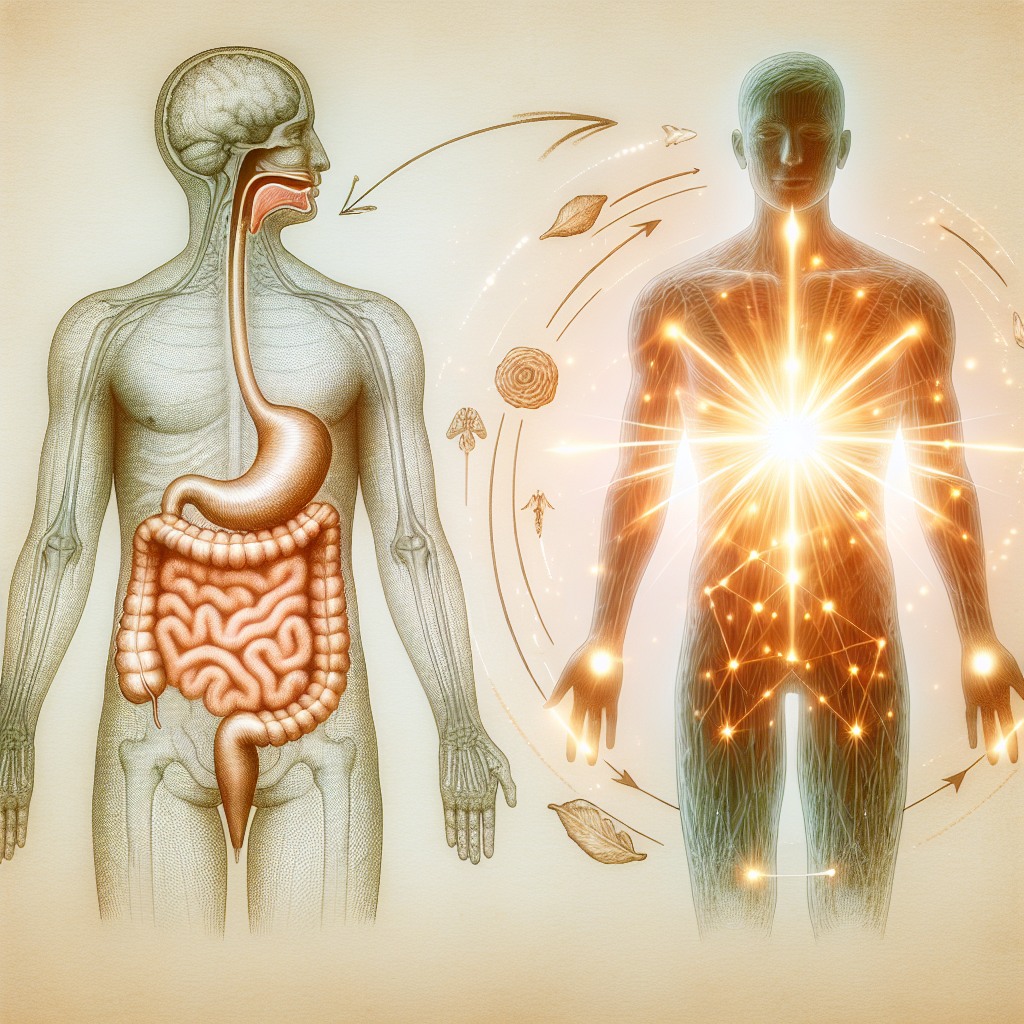The Link Between Gut Health and Overall Wellness
In recent years, the importance of gut health has taken center stage in the conversation about overall wellness. The gut, often referred to as the second brain, plays a crucial role in not just digestion, but in influencing various aspects of our health, from our immune system to mental health. Understanding the interconnectedness between gut health and overall wellness is pivotal in adopting a holistic approach to health.
The Gut Microbiome: A Cornerstone of Health
Central to gut health is the gut microbiome, a complex ecosystem of bacteria, viruses, fungi, and other microorganisms residing in our digestive tract. Far from being harmful, these microorganisms are essential for nutrient absorption, synthesis of vitamins, and the development of a robust immune system. An imbalance in these microorganisms, known as dysbiosis, has been linked to numerous diseases, including inflammatory bowel disease (IBD), irritable bowel syndrome (IBS), diabetes, obesity, and even mental health disorders such as depression and anxiety.
Immune System and Gut Health
Approximately 70% of the immune system resides in the gut, highlighting the gut’s role as a first line of defense against pathogens. A healthy gut microbiome can help prevent pathogens from taking hold, reducing the incidence of infections. Furthermore, a balanced microbiome is essential in training the immune system to distinguish between friend and foe, potentially reducing the incidence of autoimmune diseases.
Gut Health and Mental Well-being
The gut-brain axis is a term that describes the bidirectional communication between the gut and the brain. This connection means that our gut health can influence our mental health and vice versa. Neurotransmitters responsible for mood regulation, such as serotonin, are produced in the gut, suggesting a healthy gut microbiome could contribute to a positive mood and emotional well-being. Conversely, stress and anxiety can lead to gastrointestinal issues, illustrating the profound interconnection between the mind and the gut.
Nutrition and Gut Health
Diet plays a significant role in maintaining a healthy gut microbiome. Diets rich in fiber from fruits, vegetables, and whole grains promote the growth of beneficial bacteria. Fermented foods such as yogurt, kefir, and sauerkraut are sources of probiotics, which can help replenish and nourish the gut microbiome. On the other hand, a diet high in processed foods, sugar, and saturated fats can contribute to dysbiosis and inflammation, underscoring the importance of a balanced, nutritious diet for gut health.
Lifestyle and Gut Health
Beyond diet, other lifestyle factors can impact gut health. Regular physical activity has been shown to positively affect the diversity and abundance of the gut microbiome. Adequate sleep and stress management are also essential; chronic stress can alter the gut microbiome composition, leading to potential gut permeability (leaky gut) and inflammation. Therefore, a holistic approach that includes diet, exercise, sleep, and stress management is key to maintaining gut health and, by extension, overall wellness.
The Path to Improved Gut Health
Improving gut health is a journey that involves making consistent lifestyle and dietary changes. Incorporating a wide variety of plant-based foods, prioritizing sleep, engaging in regular physical activity, and managing stress are foundational steps. For those with persistent gut health issues, consulting a healthcare professional for personalized advice and potential use of probiotics or prebiotics is advisable.
FAQs About Gut Health and Overall Wellness
Q: Can a probiotic supplement improve gut health?
A: Probiotic supplements can help improve the balance of bacteria in the gut, especially after it has been disturbed, such as after antibiotic use. However, it’s important to choose the right strains based on specific health needs and consult a healthcare professional.
Q: Are all fibers equally beneficial for the gut?
A: Different types of fiber serve different functions in the gut. Some fibers are fermentable and help feed beneficial bacteria, while others add bulk to stool and help with bowel movements. Including a variety of fiber sources in the diet is beneficial.
Q: Can gut health affect weight?
A: Yes, research suggests that the gut microbiome can influence weight by affecting how food is digested, how fat is stored, and how full you feel. A healthy gut microbiome may help in managing weight.
Q: How quickly can changes to diet affect the gut microbiome?
A: Studies have shown that changes in diet can alter the gut microbiome within as little as a few days. However, sustaining these changes requires consistent dietary habits.
Q: Is it possible to have too much of a good thing with probiotics?
A: While probiotics are generally safe, excessive consumption without a healthcare provider’s guidance can lead to issues like bloating or digestive discomfort. Balance and moderation are key.
In conclusion, the gut health and overall wellness connection is undeniable. A healthy gut contributes to a strong immune system, improved mood, and effective digestion, among other benefits. By adopting a lifestyle that supports gut health, we pave the way for improved overall health and well-being, underscoring the ancient wisdom of Hippocrates, “All disease begins in the gut.”

